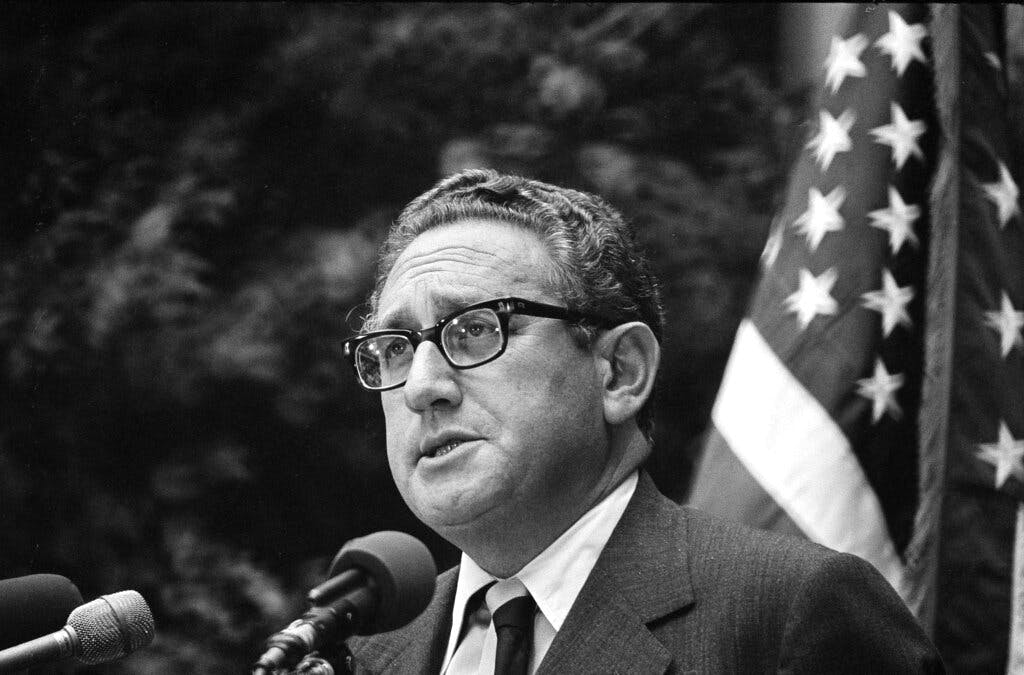
Final Release of Epstein Files Details Ties to Tech Titans and Top Officials but Fails To Satisfy Critics
By JOSEPH CURL
|A towering figure — one of the most remarkable in American history — dies at the age of 100.

Already have a subscription? Sign in to continue reading
$0.01/day for 60 days
Cancel anytime
By continuing you agree to our Privacy Policy and Terms of Service.

By JOSEPH CURL
|
By JAMES BROOKE
|
By CAROLINE McCAUGHEY
|
By LUKE FUNK
|
By A.R. HOFFMAN
|
By NOVI ZHUKOVSKY
|
By SALENA ZITO
|
By MICHAEL BARONE
|